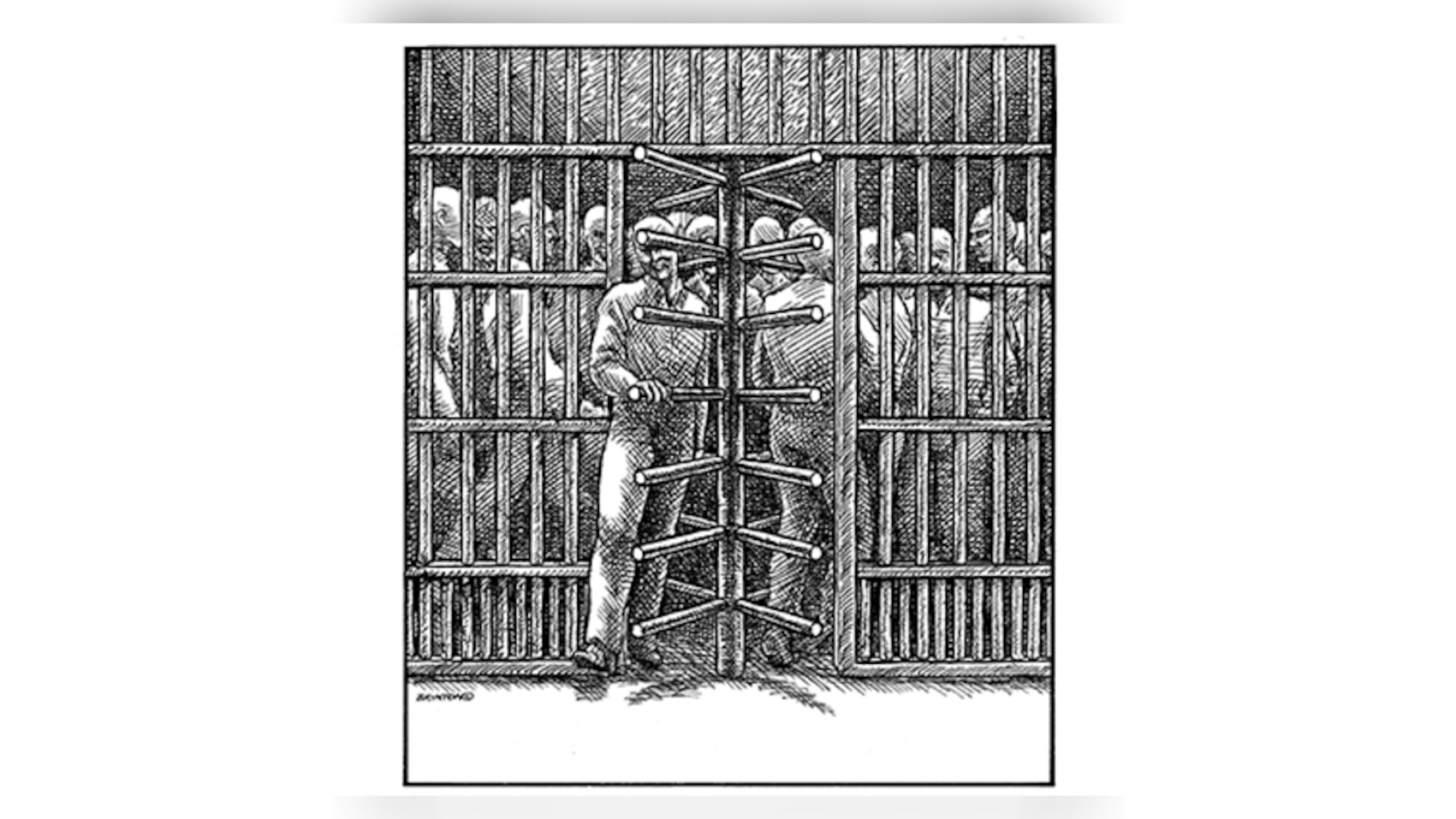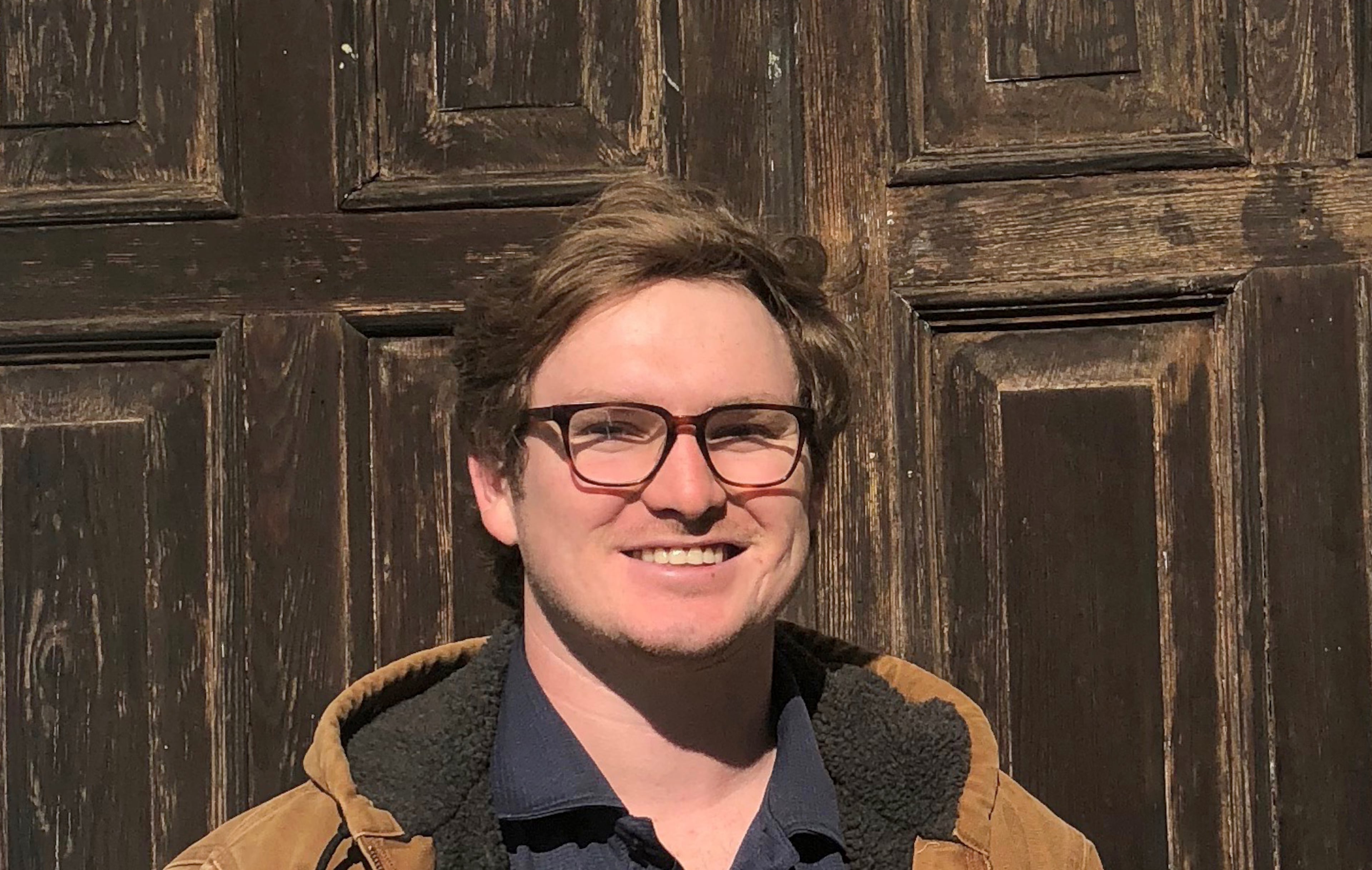
I can’t pretend to know what it’s like to be Omar Howard. I don’t know what it’s like to grow up Black. When I was 18, I was most concerned with who I was going to take to prom. I didn’t have to worry about providing for two baby boys at home. I wasn’t staring down a life sentence for murder and 12 other felony charges. Omar and I grew up in the same city, but the truth is, we grew up worlds apart.
I’m the firstborn son of two lawyers. Our family is upper middle-class. I was raised, and believed, that nothing was unattainable for me. When people meet me, they judge me by the watch on my wrist. The color of my skin is certainly not a factor.
Omar was never afforded the same freedoms that I enjoyed because as a child, Omar made an unfathomable decision. In 1993, an 18-year-old Omar and a group of friends committed an armed robbery that resulted in a death. Omar was 15 feet away from the gunman, but was the only one charged with manslaughter. Since that day, Omar has maintained that he did not fire the weapon, but readily accepts responsibility for his role in the crime.

Omar spent 14 years in prison. He entered the Georgia prison system as a depressed, self-loathing 18-year-old. He emerged a 33-year-old changed man. Omar made the decision to change. While in prison, Omar found Christianity. Christianity gave Omar new life, a new identity and, in turn, Omar decided to begin living out his second chance on life.
Omar knew that he would be on parole for some time but knew he would never go back. He wanted to share his story, mentor those who were headed down a similar path. As he eagerly awaited his new life, he was informed that he was not going to be released on time. He would not be able to move into the condo he had already paid for and, no, his deposit would not be returned. Omar couldn’t even move back in with his mom. Because despite spending 14 years in prison, despite paying for his crimes, despite dedicating his life to being a force for change, the state of Georgia forced Omar to register as a sex offender.
Due to a technicality in Georgia law, because there was a minor present when he committed his crime, Omar was registered as a sex offender. His life was upended. He had to turn down one job because it was 990 feet away from a school, not the required 1,000 feet. He served an extra four months in prison while his mom searched for new housing. It wasn’t like Omar could run away. Every time he applied for a job or an apartment he was required to inform them of his status. He would tell his story over and over, explaining how he wasn’t a pedophile and wasn’t a risk to the community. The shame drove Omar to despair. In his own words, there were many days he wanted to give up.
Thanks to the Southern Center for Human Rights, Omar was removed from the sex offender list on December 4, 2009. I asked Omar what he remembered about that day. He leaned back in his chair and paused. “I rolled off the bed. December 4? That was my freedom day.” Less than 30 days later, Omar would find himself behind bars once more.
On January 1, 2010, Omar Howard returned to prison. This time, it was on his terms, serving as a chaplain at the Atlanta Transitional Center (ATC). At the ATC, Omar mentors offenders who are transitioning back into society. Omar’s work at the ATC has been invaluable – in a state where over 100,000 individuals are incarcerated at some point each year, Omar serves on the front lines to reduce recidivism, a problem that plagues our justice system.
Omar also directs a nonprofit mentoring program established to encourage our youth to choose freedom over incarceration. His goal is to restore, reunite, and redirect our youth to build character through a structure that supports a positive self-image. Omar equips men and women to become caring, thoughtful and constructive adults. This is Omar’s life work.
I recently met with Omar at a restaurant in downtown Atlanta. As I pulled into the parking lot, I couldn’t help but think that I was in the wrong part of town. This was the same restaurant that I visited as a child for birthdays. Now the parking lot was littered with used needles.
The city that I love is changing. Many are trying to flee it. Their decision is understandable; the crime statistics paint a grim picture. Everyone is asking for the solution; we can’t seem to find answers.
Omar, and men and women like him, are the answer. Servants willing to serve on the front lines to turn our city around. Omar is fighting a battle against crime and injustice. His story began with a disadvantage. He’s done everything possible to make himself and his community better.
We owe a debt to Omar for his devotion to our city and its broken people. The forgotten. The ones who others wouldn’t give a chance.
Give me an Omar on every block and our city will change. There is beauty in the broken, Omar’s shown me that.
Spencer Shelton is program director for HeartBound Ministries.


